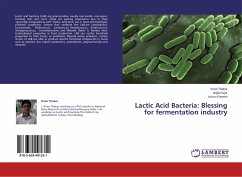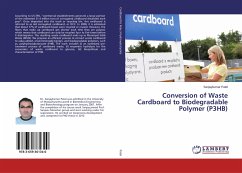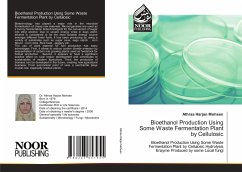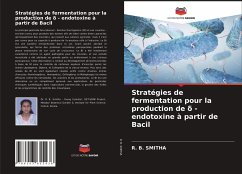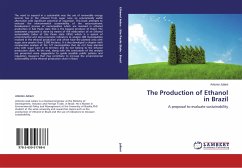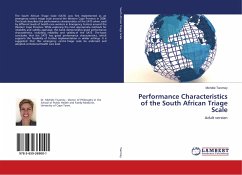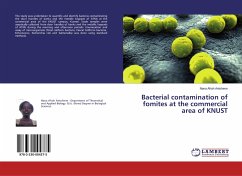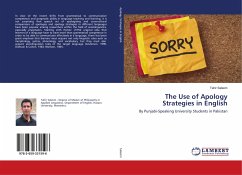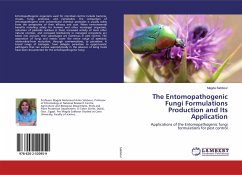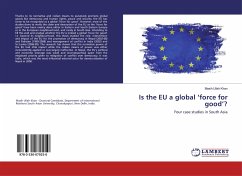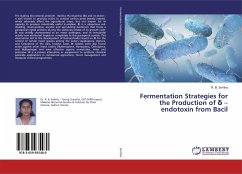
Fermentation Strategies for the Production of ¿ - endotoxin from Bacil
Versandkostenfrei!
Versandfertig in 6-10 Tagen
41,99 €
inkl. MwSt.

PAYBACK Punkte
21 °P sammeln!
The leading bio-rational pesticide - Bacillus thuringiensis (Bt) and its strains - is well known to produce toxins to combat various pests (mainly insects), which adversely affect the agricultural crops, but not known for its capacity to produce industrially useful -amylase. Bt is a ubiquitous soil-dwelling, Gram-positive, aerobic and sporulating bacterium that forms a parasporal crystal proteins during the stationary phase of its growth cycle. Bt was initially characterised as an insect pathogen, and its insecticidal activity was attributed largely or completely to this parasporal crystals. T...
The leading bio-rational pesticide - Bacillus thuringiensis (Bt) and its strains - is well known to produce toxins to combat various pests (mainly insects), which adversely affect the agricultural crops, but not known for its capacity to produce industrially useful -amylase. Bt is a ubiquitous soil-dwelling, Gram-positive, aerobic and sporulating bacterium that forms a parasporal crystal proteins during the stationary phase of its growth cycle. Bt was initially characterised as an insect pathogen, and its insecticidal activity was attributed largely or completely to this parasporal crystals. This observation led to the development of bioinsecticides based on Bt for the control of certain insect species among the orders Lepidoptera, Diptera, and Coleoptera of the class, Insecta. Later, Bt isolates were also found active against other insect orders (Hymenoptera, Homoptera, Orthoptera, and Mallophaga) and even effective against nematodes, mites and protozoa. Bt is a proven alternative or supplement to synthetic chemical pesticide applications in commercial agriculture, forest management and mosquito control programmes.



